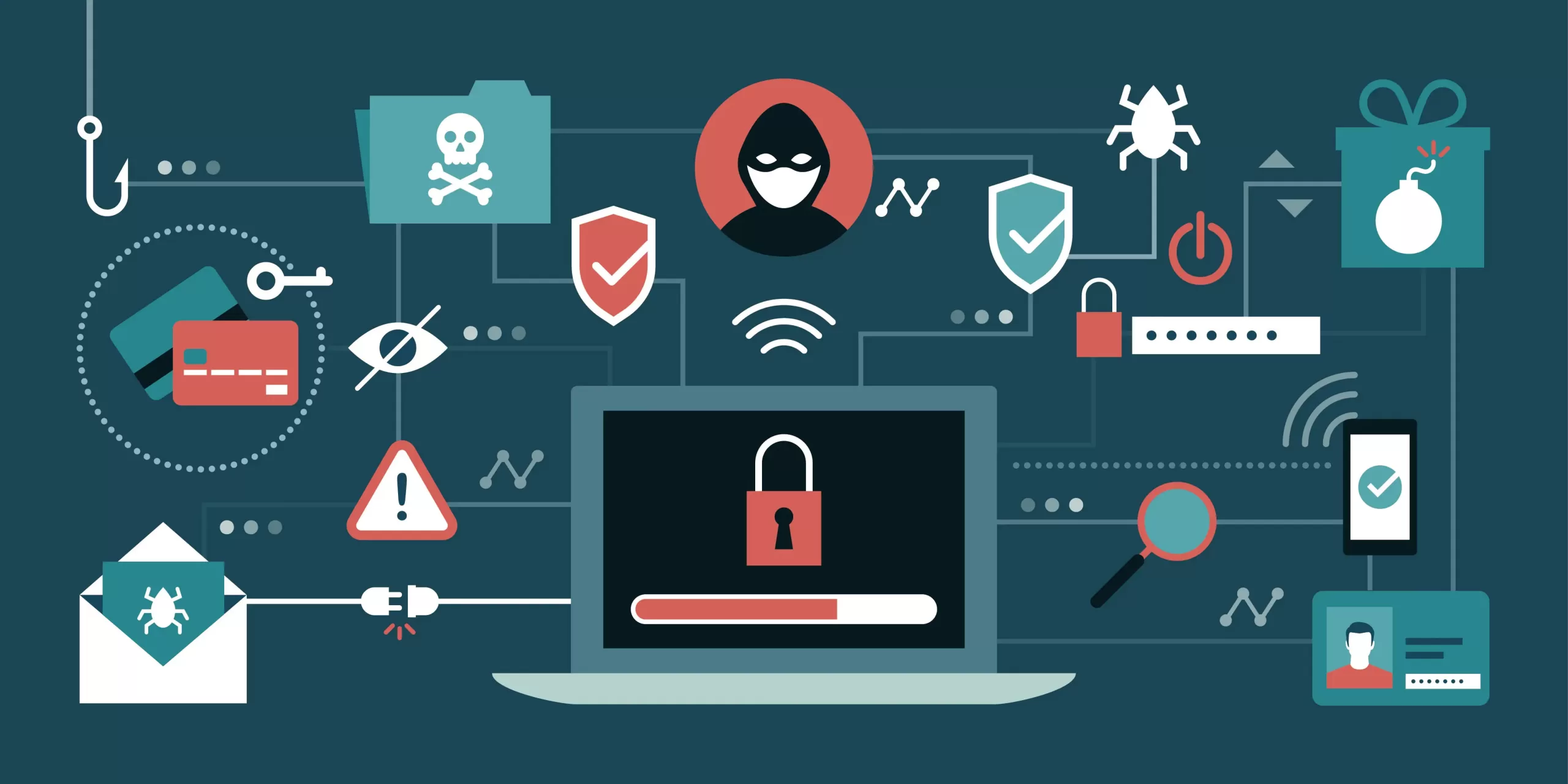
The dangers of the Deep/Dark Web for children
This page may contain affiliate links. If you choose to purchase after clicking a link, I may receive a commission at no extra cost to you.
The internet is a vast and diverse place, where we can find information, entertainment, communication and more. But not everything on the internet is visible or accessible to everyone. There are parts of the internet that are hidden from public view, and can only be reached by using special software or tools. These parts are known as the deep web and the dark web.
The deep web is where most of the online content is stored, such as webmail, online banking, databases and other pages that require a password or a direct link to access. The deep web is not illegal or dangerous, but it is not indexed by regular search engines like Google or Bing.
The dark web is a smaller part of the deep web, where users can communicate and exchange information anonymously, without revealing their identity or location. The dark web can be accessed by using software like TOR (The Onion Router), which encrypts and routes the traffic through multiple servers around the world.
The dark web has some legitimate uses, such as whistleblowing, journalism, activism and privacy protection. However, it also hosts a lot of illegal and harmful activities, such as drug trafficking, weapons sales, hacking, fraud, terrorism and child abuse.
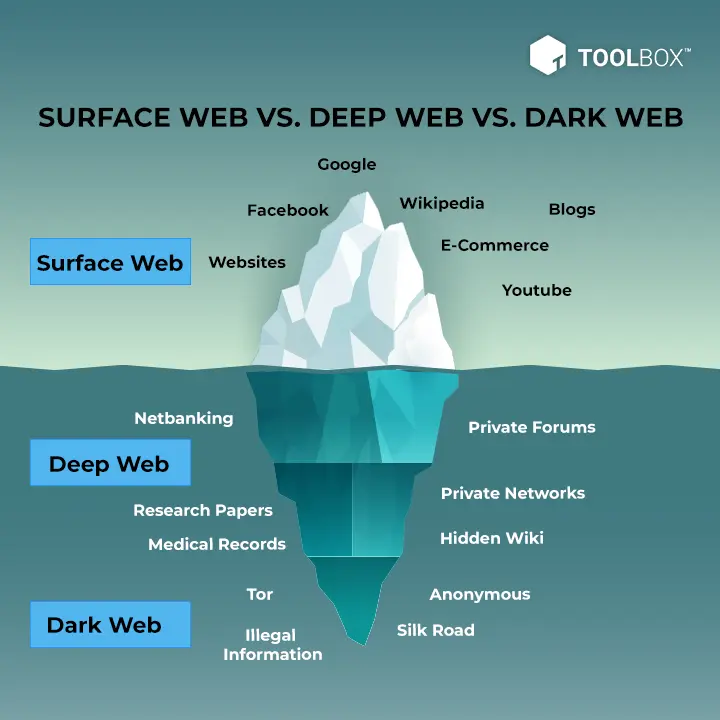
The dark web poses many risks for children who may access it intentionally or unintentionally. Some of these risks are:
- Exposure to explicit and disturbing content: Children may encounter sites that contain indecent images of children, violent or graphic pornography, self-harm or suicide instructions, extremist views or propaganda, etc.
- Contact with dangerous people: Children may be approached by predators, groomers, scammers or hackers who may try to exploit them sexually, financially or emotionally.
- Involvement in criminal activities: Children may be coerced or tempted to buy or sell drugs, weapons, stolen goods or personal information on the dark web. They may also be recruited by extremist groups or gangs who use the dark web to plan and carry out attacks.
- Legal consequences: Accessing or downloading illegal content from the dark web may result in criminal charges or penalties for children and their parents.
How can parents protect their children from the dark web?
As parents, it is important to be aware of the existence and dangers of the dark web, and to take steps to prevent your children from accessing it. Here are some tips:
- Educate yourself and your children: Learn more about what the dark web is, how it works and what are the risks involved. Talk to your children openly and honestly about the dangers of the dark web and why they should avoid it.
- Monitor your children’s online activity: Use parental controls and filters to block access to inappropriate or harmful sites. Check your children’s browsing history, downloads and devices regularly. Look out for signs of unusual or secretive behaviour online.
- Support your children’s online safety: Encourage your children to use the internet safely and responsibly. Teach them how to protect their personal information, passwords and devices. Remind them to never share anything online that they wouldn’t want others to see or know. Help them to report any suspicious or upsetting content or contact they encounter online.
- Seek help if needed: If you suspect that your child has accessed or been involved in any illegal or harmful activity on the dark web, don’t panic. Contact your local police or child protection agency for advice and support. You can also seek help from online safety organisations such as Internet Matters or Thinkuknow.
The dark web is a hidden and dangerous part of the internet that poses many threats for children. As parents, we need to be informed, vigilant and supportive of our children’s online safety. By doing so, we can help them enjoy the benefits of the internet without falling prey to its dark side.


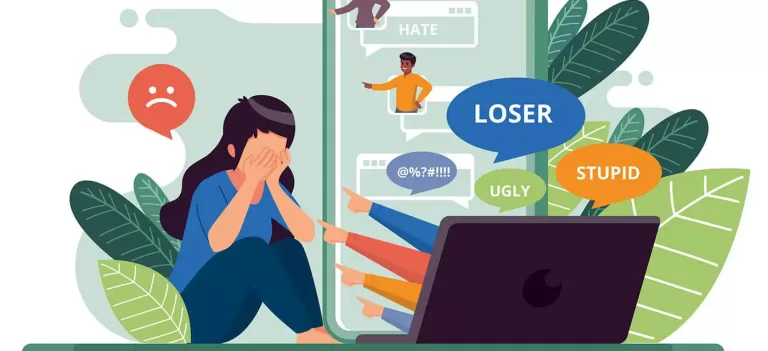
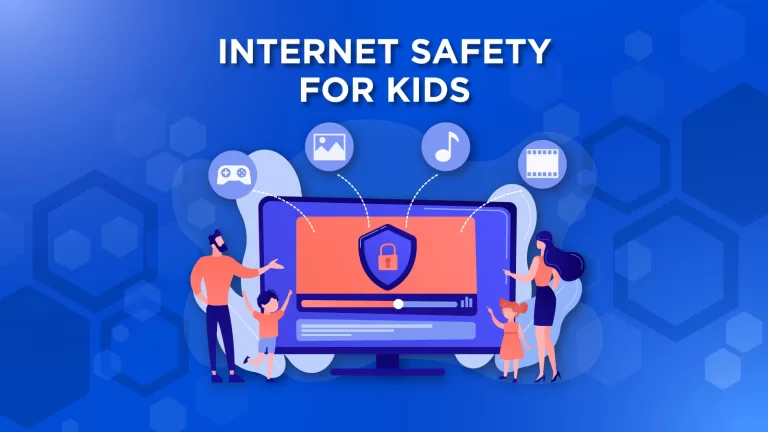

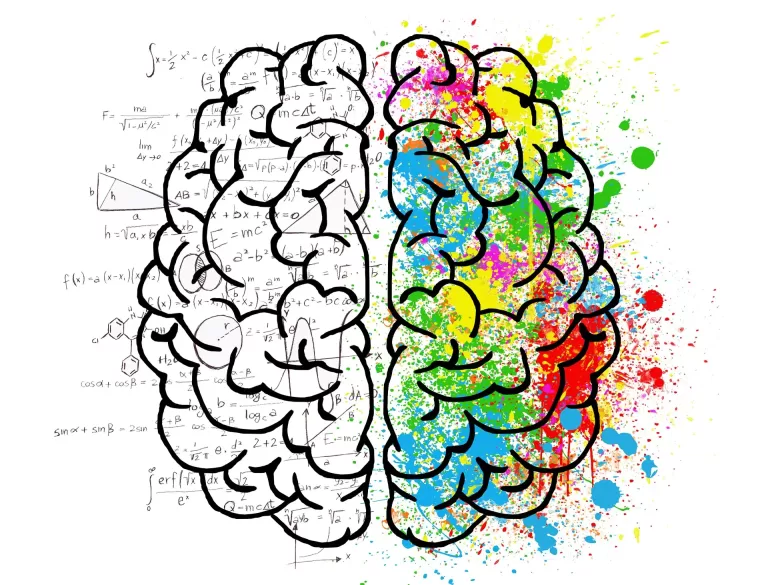

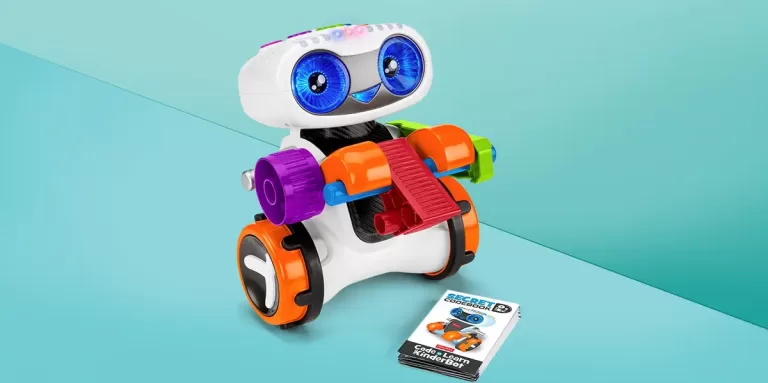
Leave a Comment